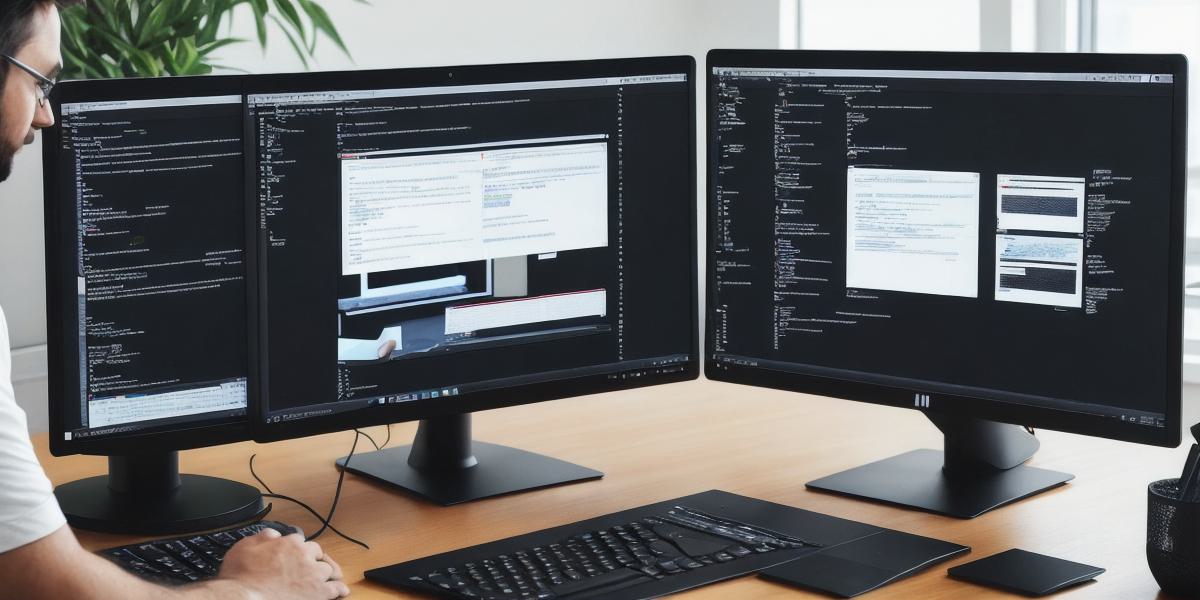Handling exceptions is a crucial aspect of any development project, including Unity, which is widely used for creating interactive 3D and 2D content for various platforms such as the web. In this text, we’ll cover best practices for effectively handling exceptions in Unity development, focusing on web applications.
1. Understanding Exceptions
An exception is an event that occurs during the execution of a program or script when an error or unexpected condition arises. Instead of crashing the application, exceptions allow it to handle and recover from errors gracefully. In Unity, exceptions can occur due to various reasons such as missing components, incorrect references, invalid inputs, etc.
2. Logging Exceptions

Logging exceptions is a crucial practice for identifying issues and debugging in Unity development. You can log exceptions using Unity’s built-in Debug.Log() or the more advanced Unity Editor.Log() function. These functions write messages to the Console window, making it easier to identify the root cause of an issue.
try {
// <h2>Your code here</h2>
} catch (Exception ex) {
<h2> Debug.LogError("An error occurred: " + ex.Message);</h2>
}3. Using Try-Catch Statements
Try-catch statements are a fundamental concept in handling exceptions. They allow you to test the code for potential exceptions and execute alternative code if an exception occurs. Unity supports C try-catch statements.
try {
// <h2>Your potentially risky code here</h2>
 } catch (Exception ex) {
// Handle the exception here
} finally {
// Clean up resources or perform other tasks here
}
} catch (Exception ex) {
// Handle the exception here
} finally {
// Clean up resources or perform other tasks here
}4. Handling Common Exceptions
Some exceptions are more common than others, and it’s essential to be prepared to handle them effectively. For instance, in Unity development, you might encounter NullReferenceException, MissingComponentException, or InvalidOperationException. Properly handling these exceptions can help prevent crashes and ensure your web application runs smoothly.
5. Wrapping Third-Party Code
When working with third-party libraries in Unity, wrapping the code in try-catch statements is a good practice to handle potential exceptions that might not be handled by the library itself. This ensures that your web application remains stable even when using external code.
6. Testing and Validating Inputs
Validating inputs and testing for edge cases can help prevent exceptions from occurring in the first place. In Unity development, you can use various methods to check input validity before processing it further. This includes using checks on arrays’ lengths, ranges of values, and ensuring references are not null or missing components.
In conclusion, effectively handling exceptions is essential for any successful Unity project, especially when developing web applications. By following best practices such as logging exceptions, using try-catch statements, handling common exceptions, wrapping third-party code, and testing input validity, you can ensure a stable and robust web application that runs without crashes or unexpected errors.
